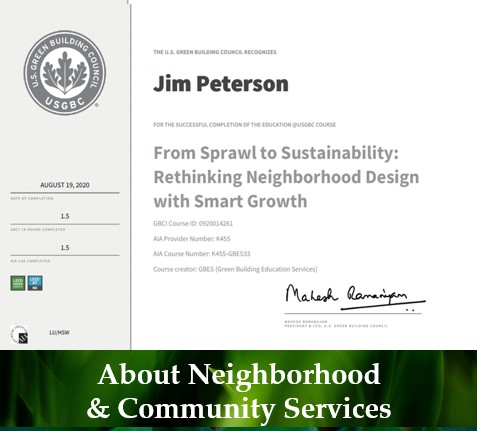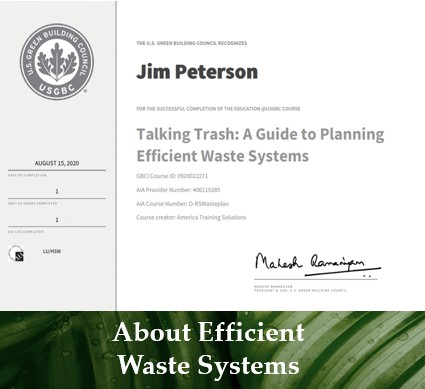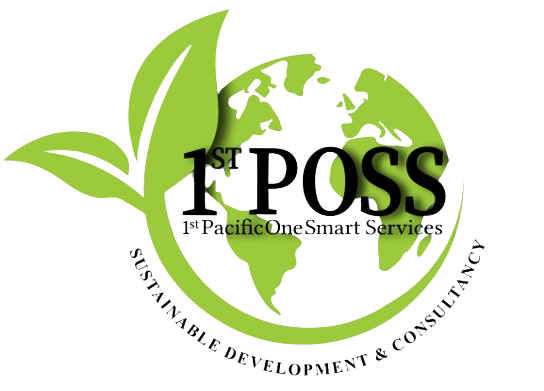

PROJECT DETAILS
The simple and most widely accepted ‘definition’ of a ‘Sustainable” waste system is one that focuses on avoidance or refusal, reduction, reuse, recycling, recovery of energy and return, or ‘end of life cycle’ of treatment or disposal. Typically, waste type descriptions should be categorized into groups: ‘Nonhazardous Solid Waste, Hazardous Waste, Asbestos Containing Wastes, Liquids or Semi-Solid Waste, Special Waste, and designated Waste. We will focus on the waste that most of us will come in contact with, which is “Nonhazardous Solid Waste’.
Nonhazardous solid waste is described as, “Putrescible waste’ is solid waste containing organic matter having the tendency to decompose and form odors. It is derived primarily from residential and business sources. Then you have ‘Nonhazardous solid waste’ or Non-putrescible waste which includes garden waste, building and demolition waste, construction waste, ceramics, bricks, concrete or metal, paper and cardboard, virgin excavated natural material and wood waste, glass, rubber, plastic, plasterboard, are all considered “Non-putrescible”!
Recycling can be simply defined as the collection and conversion of one material into a another, or new, or other material for reuse. Recycling is a long and sometimes complicated process that requires a conscious effort throughout the entire process. Recycling plays an important role in our solid waste management and is one of the top eco-friendly methods used to maintain a sustainable society instead of letting it go to landfills.
Recycling has many environmental benefits, and the advantages of sustainable recycling are key to a healthy environment, sustainable neighborhoods and successful businesses. Conducting sustainable practices, such as recycling is modern, cost-efficient and has many promising and profitable paybacks. One of the simplest steps you can make in developing a sustainable recycling system is to think first about utilizing that old product instead of throwing it away. Develop the concept of the three Rs, Reduce, Reuse, Recycle! This gives you a continuous loop or Circular cycle.
The importance of Recycling
The importance of Recycling and its many benefits cannot be understated. Recycling plays a major role in today’s sustainable and ecological environment and is one of the major interests that is needed to an alternative to conventional waste disposal. Your recycling helps to protect the environment by reducing the need for manufacturing of new materials from raw materials which requires extracting such as mining, quarrying and logging as well as the refining of ‘excess carbon resources’, such as oil, and the processing of raw materials. This not only saves energy but also reduces greenhouse gas emissions, that we know contributes directly to climate change. We need to find the ‘right way’ to recycle or reuse, not everything needs to go to the landfill. Waste is defined as any material or substance we don’t use anymore, and we’ve discarded. However, your waste can cause pollution when it’s not disposed in the right way. Discover new waste reduction schemes by reducing waste generation and keeping materials circulating within the economy and make them a priority.
There are many ways we can reuse and recycle. 1st POSS leads efforts to increase recycling, by people, businesses, and governments and we invite you to learn about efforts and programs and help us along the way to a more healthy and sustainable future. Sustainable recycling is arguably the most advantageous form of an ‘efficient waste disposal system’. the benefits of an ‘efficient waste disposal system’ is not only great for the environment, but it also provides a considerable economic benefit to your individual ‘carbon footprint’ and the economy as a whole.
